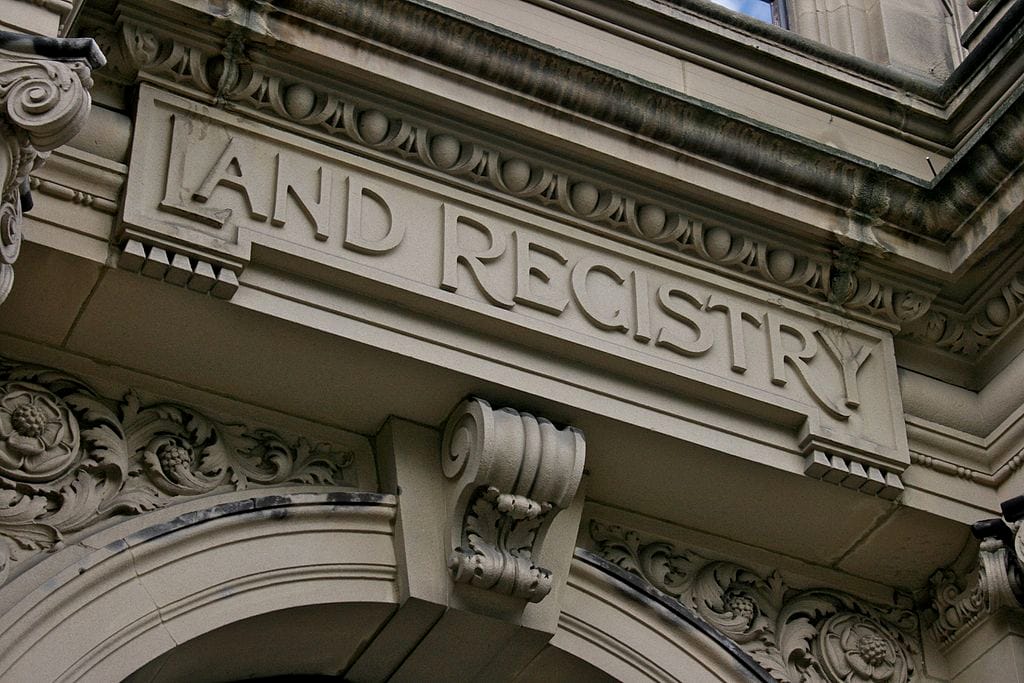Solicitors invited to file deeds with secure, witness‑free electronic signatures
HM Land Registry has officially invited solicitors, lenders, and property professionals to begin submitting land registration applications that use deeds authenticated with secure, witness‑free electronic signatures.
The shift marks a major step in the organisation’s push towards fully digital conveyancing, following several years of research into so‑called qualified electronic signatures. These signatures comply with the UK’s adaptation of the 2014 EU eIDAS regulation and are verified by trusted third‑party service providers approved by the Information Commissioner’s Office.
In traditional property transactions, a deed must be signed in the presence of an independent witness. The new approach removes this step entirely, replacing it with a secure electronic signature system that the Land Registry says offers “greater flexibility and simplicity” for both lawyers and their clients.
Embed from Getty ImagesOfficials believe the technology could significantly streamline the conveyancing process, reducing paperwork delays and providing a more accessible option for parties unable to meet in person.
Andy Roddy, deputy director for digital services at HM Land Registry, described the change as “another major step forward in our ongoing digital transformation”. He added: “We are excited to enable our customers the option to use qualified electronic signatures in their land registration applications. This marks another major step forward in our ongoing digital transformation, as we keep pace with – and meet the needs of – our most technologically advanced customers. We hope all of our customers will be able to benefit from this new and valuable technology.”
The announcement follows a period of controlled investigation, during which the Land Registry explored the security and usability of qualified electronic signatures. The method uses encryption technology to ensure that a signature cannot be altered and is uniquely linked to the signatory. The verification process is carried out by an accredited trust service provider, ensuring the signer’s identity has been rigorously confirmed.
For solicitors and conveyancers, the move could cut down on logistical barriers in completing property transactions — particularly where clients are overseas or have limited mobility. Without the requirement for a physical witness, deals can be concluded more quickly, with signed documents submitted instantly to the Land Registry.
Proponents argue that this also reduces the risk of disputes over the validity of signatures, as the technology provides a tamper‑evident audit trail. Critics, however, may raise questions about cybersecurity, identity theft, and the risk of over‑reliance on digital systems in high‑value property transactions.
The Land Registry has emphasised that using qualified electronic signatures is an option, not a requirement. Traditional witnessing arrangements will remain available for clients who prefer them or for transactions where digital signatures are not suitable.
The move comes as the property sector increasingly embraces digital solutions, from remote ID verification to electronic contracts. Industry bodies have generally welcomed the Land Registry’s adoption of witness‑free e‑signatures, seeing it as a sign of confidence in the technology and a step towards aligning the UK with other jurisdictions already using similar systems.
As more solicitors and lenders trial the technology, the Land Registry says it will monitor uptake and performance closely, with the aim of expanding guidance and support for the profession. In time, officials hope that witness‑free e‑signatures will become a routine part of property deals, further accelerating the shift to fully digital conveyancing.
